The Leeds piano tuner must always have the right equipment at hand to perform each job. When I first began piano tuning in Leeds, my tool kit was much lighter than it is today. Many rudimentary jobs can be performed with a piano tuning lever, a paps-wedge, a pair of plyers, a set of screwdrivers, some oil, some glue – and, of a course, a decent pair of ears and the sufficient know-how. If you’re considering following in the footsteps of the Leeds piano tuner and becoming a piano technician yourself, there are many things you’ll have to buy to be fully equipped for the job. I recommend starting with the basics and building up your kit as you progress. Once you’ve bought a tuning fork, a lever and a paps wedge, you could start building up your ‘piano repair’ kit with the following items…
An assortment of balance and front-rail washers for levelling the keys (this will ensure optimal touch across the piano):
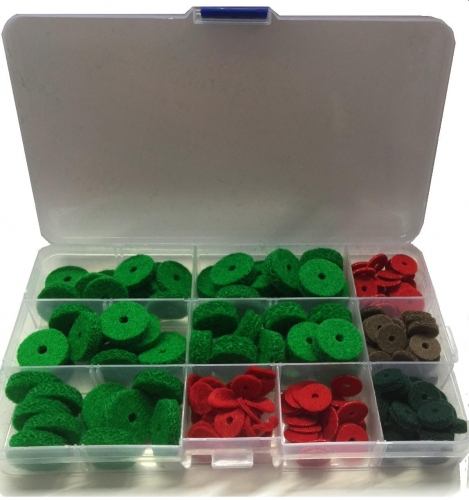
A selection of different felts. Hugely important for replacing worn out felts after finishing the piano tuning. A piano with worn felts inside the action will not be regulated as well as it should be:

The number one most frequently-encountered mishap on a piano is sticking keys! A new piano tuning client will often sound worried on the phone, because some of the keys on their piano are sticking down i.e. they won’t return after playing. In actuality, this is one of the easiest things to fix. It can usually be remedied by lubricating the key bushings with PTFE (teflon) powder and adjusting the keyslip:
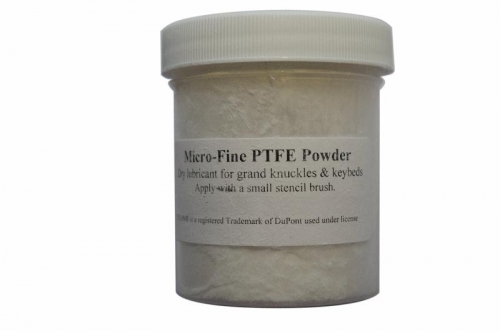
Another lubricant I keep with me is Protek CLP. I use a syringe to cleanly lubricate the centre pins in the hammer, jack and whippen flanges. If the note is still sluggish I will replace the offending centre pin with one of a narrower diameter (with a difference of 0.25 mm). Alternatively, if the key is wobbling or mis-striking due to a loose centre pin, I replace it with a thicker centre pin. Simple:
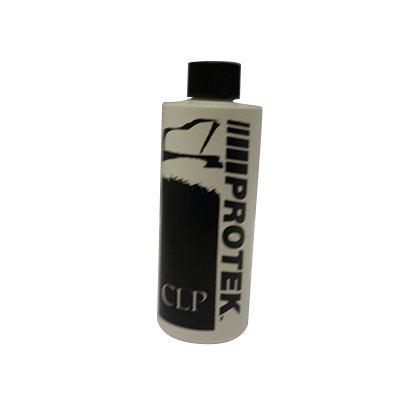
Regulating the set-off buttons so that the hammer is released from the action at the right distance from the strings (3 mm is the standard) is an important part of regulation. Badly regulated set-offs makes the piano ‘feel’ horrible. This set-off regulating tool will come in handy for fixing this:
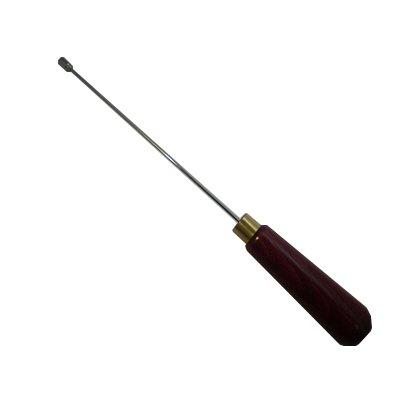
Once the hammer blow distance and set-off has been regulated, it’s time to turn to the dampers. If the dampers lift from the strings too late or too early (for optimal heaviness of touch it should be when the hammer is half way towards the strings), you’ll need to reach for a damper regulator:
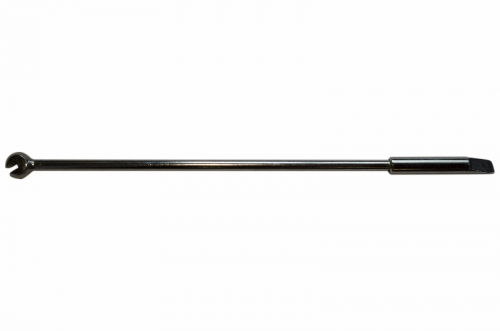
A set of Hexacore bass strings are supremely useful. While it’s better for the unison to have a bass string hand-wound to exact size, if a monochord breaks at the bottom of the piano, one of these Hexacore strings could save the Leeds and Bradford piano tuning customer a bit of money as it can be carried out on the day as the piano tuning:
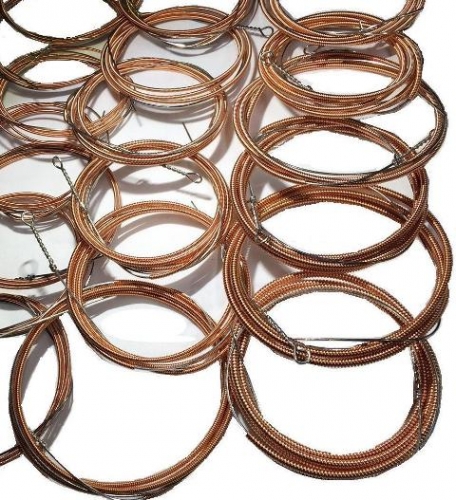
Various glues are needed (I carry PVC-E, super glue, wood glue and hide glue – different glues for different needs), but the most commonly used is wood glue. In older pianos the wood is extremely brittle and you’ll often find parts broken inside – be they flanges, hammer shanks or even part of key:
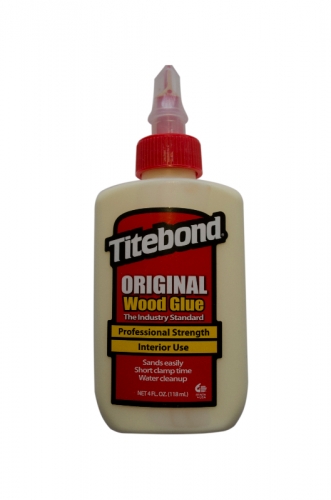
A bottle of pin-tite comes in handy when you find many loose tuning pins on a 70+ year old piano… which is often the case. The tightness of the wrest pins plays a hugely important role in tuning stability. If it’s a higher-quality upright or grand piano you’d be better off replacing the wrest pin with one of a slightly larger diameter as pin-tite can be a pain to clean up in the long run:
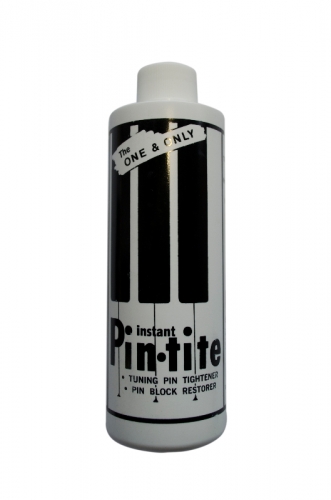
If you’re booked in for a piano tuning at a Leeds or Bradford school, you’ll need a set of keys. School pianos are often locked and the staff rarely know where the keys are! I found this out the hard way (although in some cases you can remove the lid by unscrewing it from the back):
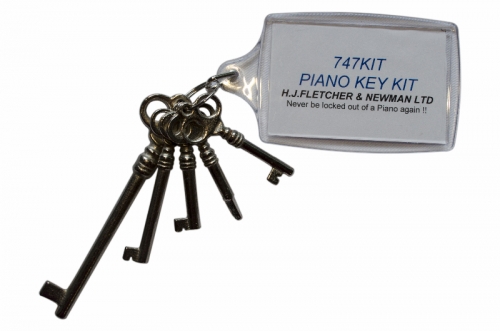
Finally, an appropriate file for hammer voicing certainly won’t go amiss! It’s astonishing how many piano tuners and technicians ignore this aspect of the job, as many pianos benefit tonally from voicing/toning just as much as they do from tuning (though tuning does improve the tone as well). Basic voicing skills should be learned as quickly as possible:
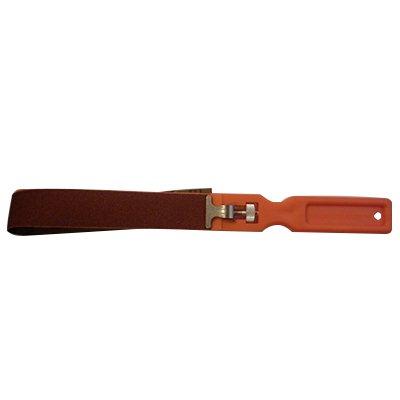
There are many hundreds of things that can go wrong with a piano and this blog only covers a fraction of them. That said, if you’re just starting out as a piano tuner, the aforementioned tools/equipment will go a long way!
– Richard Lidster, Piano Tuner Leeds.












